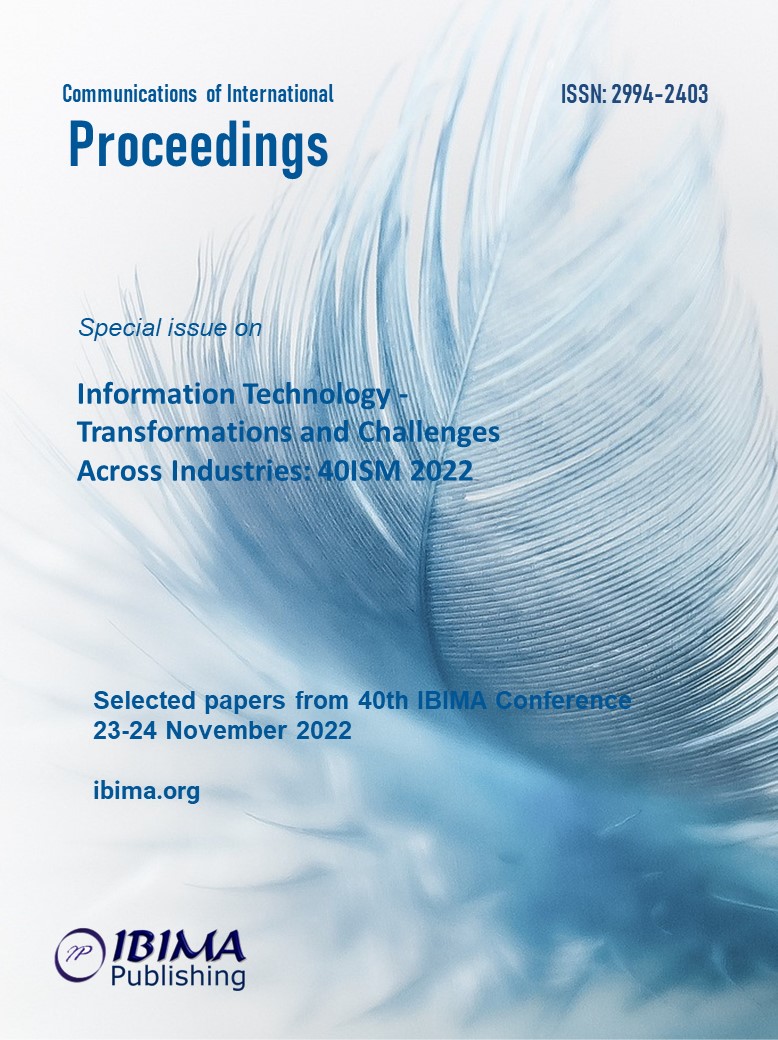
Jakub Jerzy CZARKOWSKI
Warsaw, Poland

The problems with technological progress described in this paper show that appropriate remedial actions need to be taken. Appropriately prepared and organised adult education can be the right response. Known since the 17th century and considered a 20th century phenomenon, it can prove to be a good 21st century solution. Currently, at the beginning of the 21st century, appropriate work with an adult becomes a necessity (Czarkowski, 2015). Education in which an appropriate role is attributed to the education and skilling of adults and seniors is not only andragogical or gerontological in its dimension (in social terms), but is also an effective form of prevention of social (and digital) exclusion among these age groups. In particular, this applies to adults aged 45+ and seniors who, as a social group, for many reasons not only those of a biographical and educational nature, represent a group that is particularly at risk of exclusion by a technology-saturated information society. Well-organised, adequate to cognitive abilities and preferences, and easily accessible education for this group of people, where both the organisational forms and content will be properly suited to the needs of adults aged 45+ and to those of seniors, allowing them to live a dignified and fulfilled life, is not only a condition for progress, but also a prerequisite for solving many current and future problems that progress creates. The key here is to not only transfer the relevant information or skills, but indeed the determining factor is to shape the appropriate attitudes combining openness to change with a rational approach to the products of technology as digital tools (cf. Wrońska 2021). Such an approach rationally distributes the burden of actions between the process of teaching and learning and the process of raising an adult. At the same time, this approach broadens the scope of practical activities and, simultaneously, theoretical and empirical research in relation to counteracting the technological exclusion of people aged 45 and over.
Problems posed by modernity, including those related to information technology, should be anticipated and prevented, if possible. A knowledge-based society means new areas of risk of social exclusion, and thus new areas for social and educational work in reference to an adult. Since technology has been developing ever more dynamically, and societies are gradually getting increasingly older and there is no reason to expect any changes in these established trends, proper handling of this experience and appropriate response to the problems posed by technological progress in relation to people aged 45+ seems to be the key to future humanity and social life.